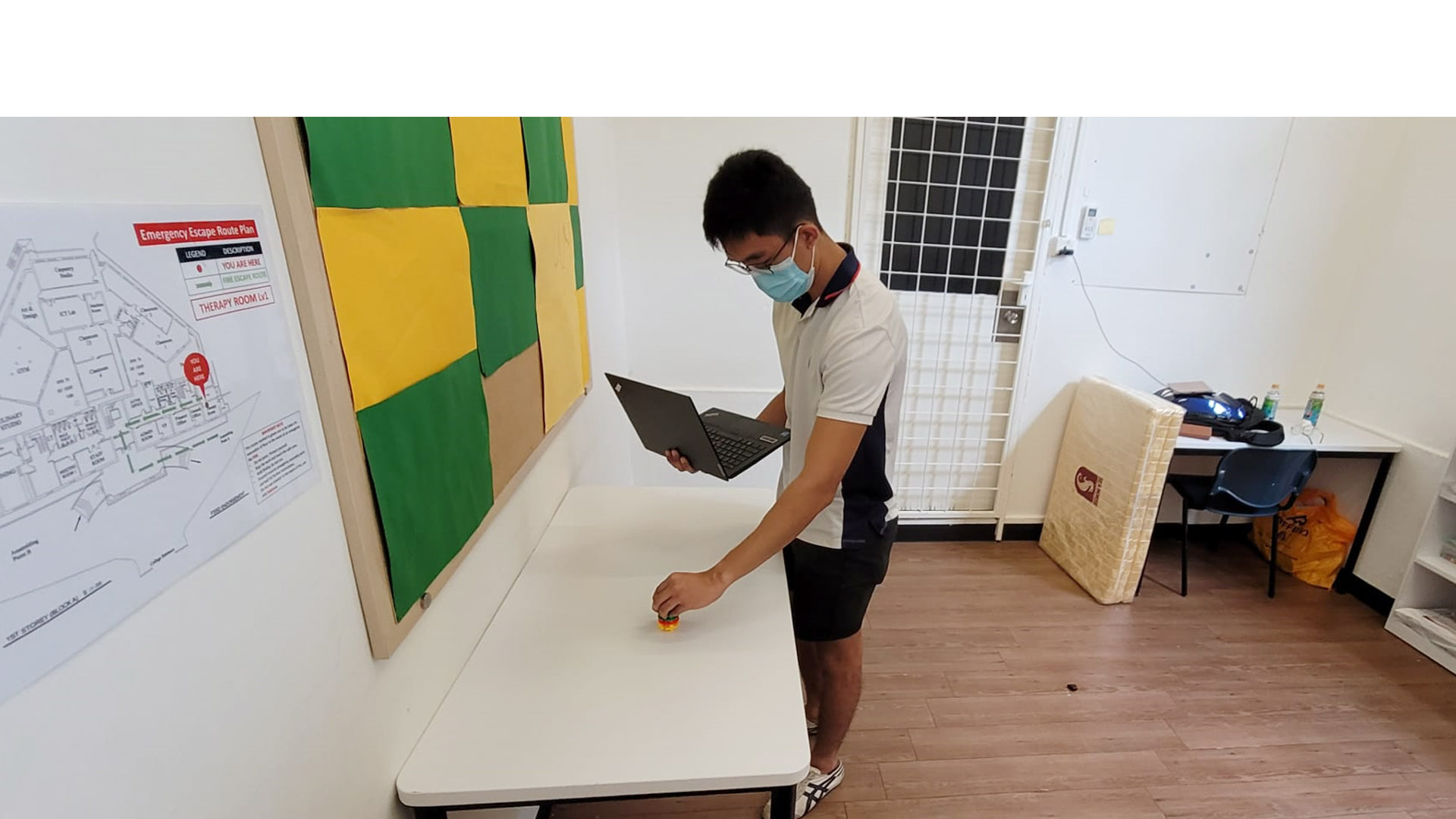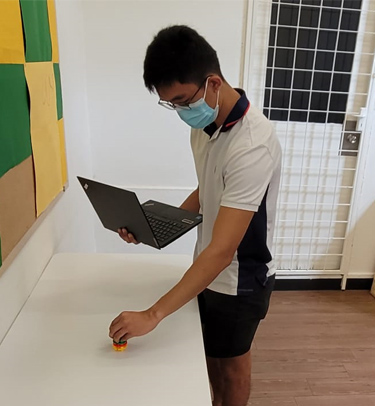By Terence Chia, Diploma in Sport and Exercise Sciences, PSB Academy | Bachelor of Science Sport and Exercise Science (Top-up), Edinburgh Napier University
Diagnosed with attention deficit hyperactivity disorder (ADHD) at a young age, I had difficulties learning and making friends, resulting in self-confidence issues, and I was bullied at school. Turning to sports and exercise has helped me regulate my behaviour, which led me to pursue my diploma and degree in this field.
Over the years, I developed a deeper understanding of special needs individuals and could relate to their struggles in having their voices be heard. As I grew older, I wanted to be someone who can help the weak, vulnerable and perhaps even start my rehab clinic one day.
Aside from my sports science degree, I also took additional certifications in Practical Counselling and Cognitive Behavioural Therapy. As such, I had the honour of being an assistant counsellor for juvenile criminals. Through this short yet fulfilling stint, I witnessed how sports and psychology can come hand-in-hand for special needs.
My sports science degree, coupled with the certifications, had helped me immensely in getting a job offer at my current company - ISADD Singapore. I was offered the role of a Behaviour Therapy Assistant and have since then been under the guidance of my clinical director, Johnny. I’m thankful that ISADD Singapore saw my passion and gave me the opportunity to give back to the community, especially in helping people with autism.
I work with autism patients mostly around the age of 7 to 16. On a daily basis, I assist therapists in facilitating the therapy programme. There is a standard flow to how ISADD Singapore conducts the programme, but even so, we have to bear in mind that every patient is different, and we can't assume that the patient we see will behave the same every day. It may seem insignificant to many, but the surroundings and environment could trigger patients, such as sound, food, animals, etc. Hence, the daily treatment plan will have to change along the way.
Part of the treatment programme involves the patients doing minor physical activities (if they progressed well), such as passing or bouncing a ball. I am also in an ongoing discussion with my clinical director to include sports elements into the patient’s overall recovery programme, as physical activities can help with the patient’s motor skills. The sports psychology modules in my degree curriculum have helped me greatly, as we learned about cognitive psychology - how stress, attention, motivation, and confidence impact performance, and in my patient’s case their progression.
It is not the easiest job. Sometimes it gets very frustrating due to the different erratic behaviour patients display daily. But the beauty of the job is patience, understanding the importance of tone and body language. As I interact with different patients and even colleagues, I am constantly humbled every day. My clinical director, Johnny, would reframe my mindset and challenge me to look at it from a different perspective.
The process to recovery may be long, but it is rewarding when they rehabilitate successfully back into society knowing they were given the best treatment. The key point is to be constantly teachable and humble.
Throughout my journey, I learned to not settle for things that provide you short-term satisfaction, but I've learned to dig deeper and ask what drives me to give my all even though the road ahead may not be easy.




 TOP
TOP





